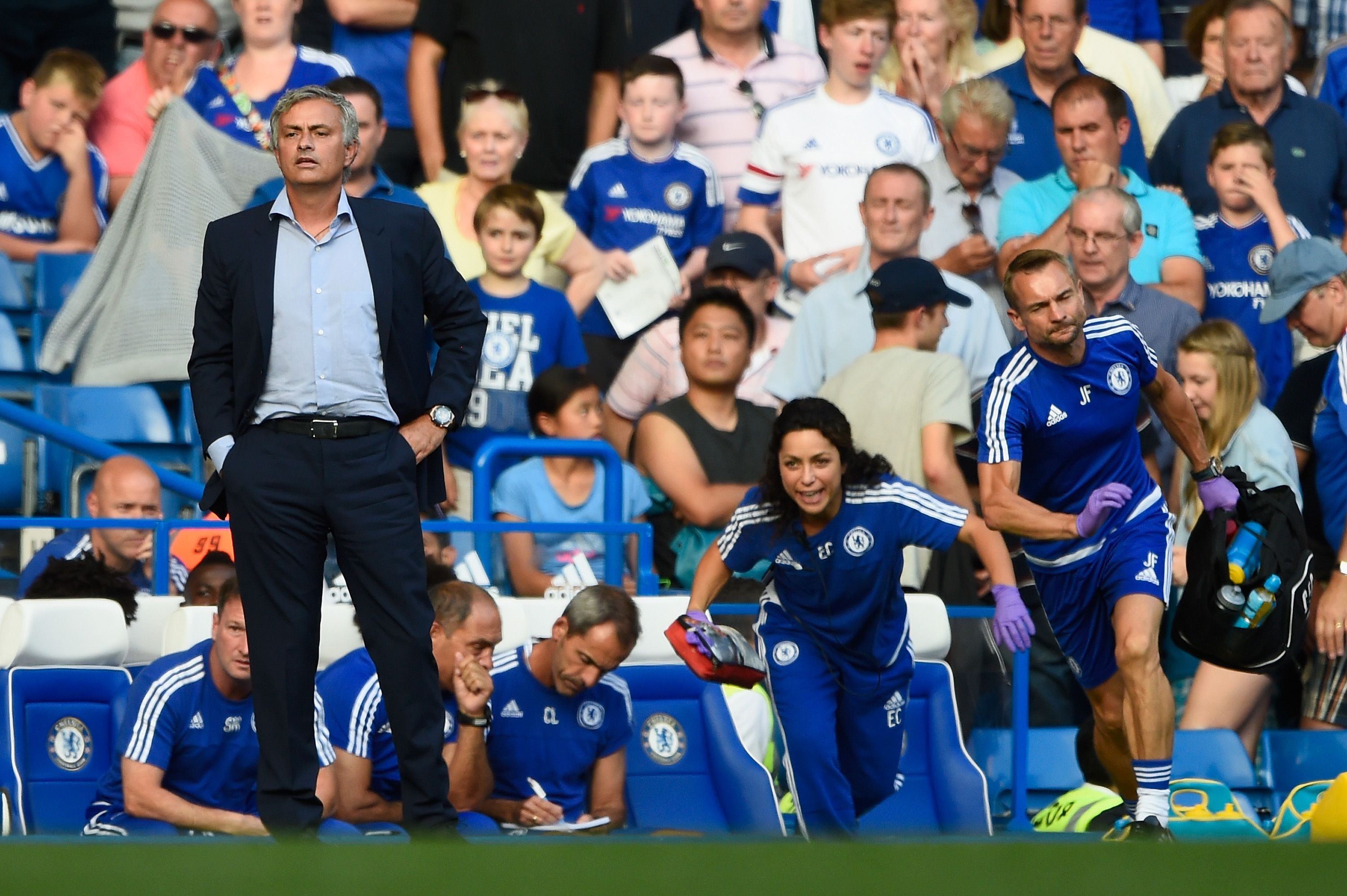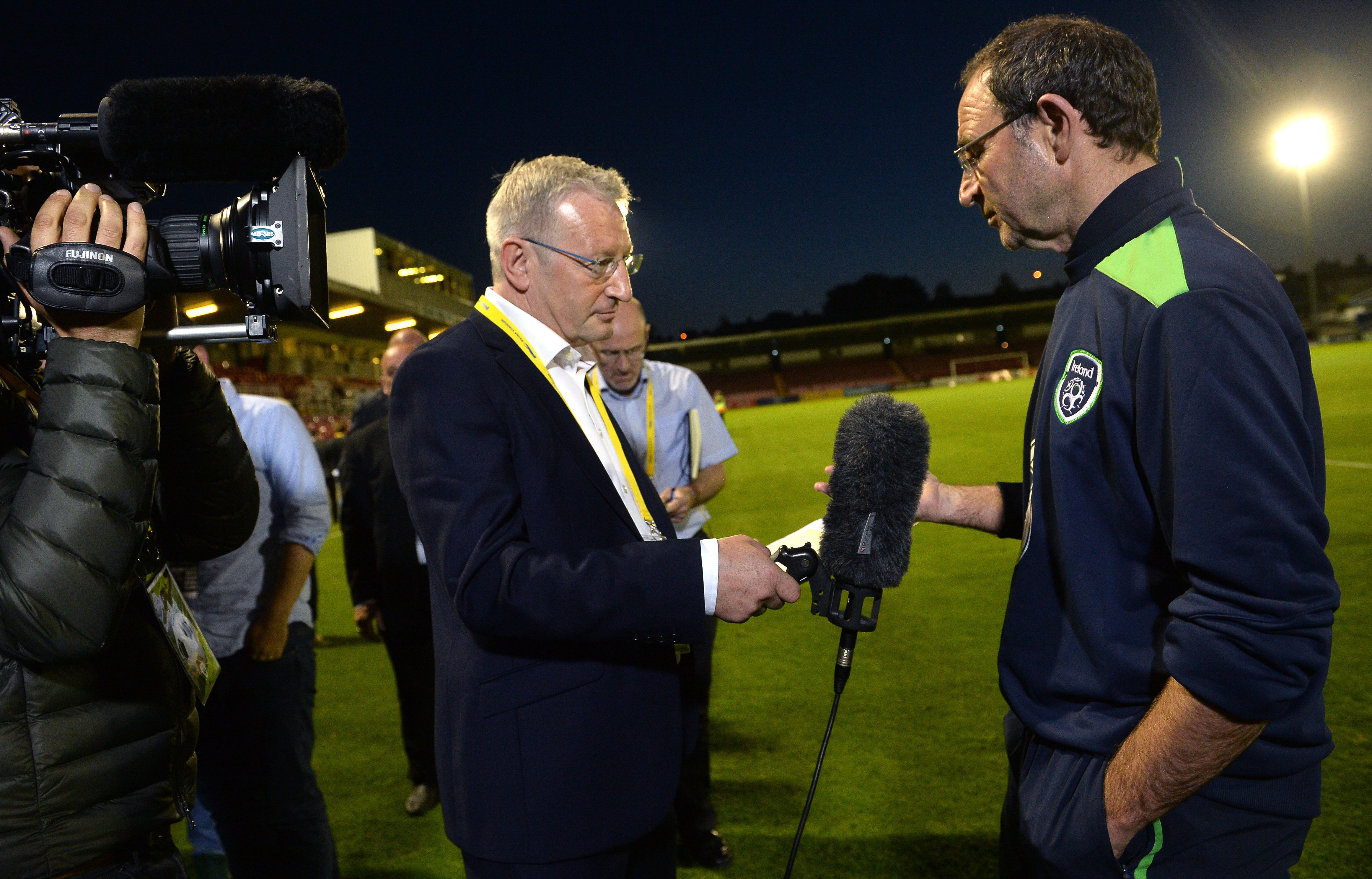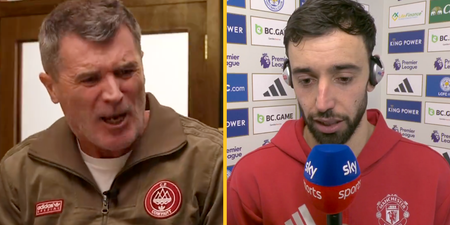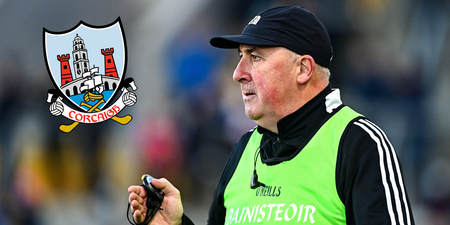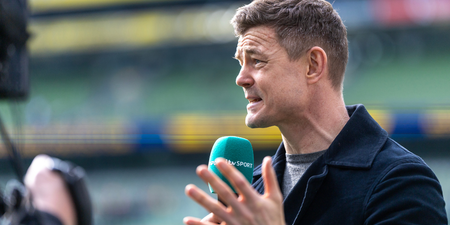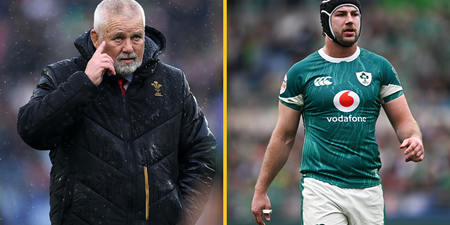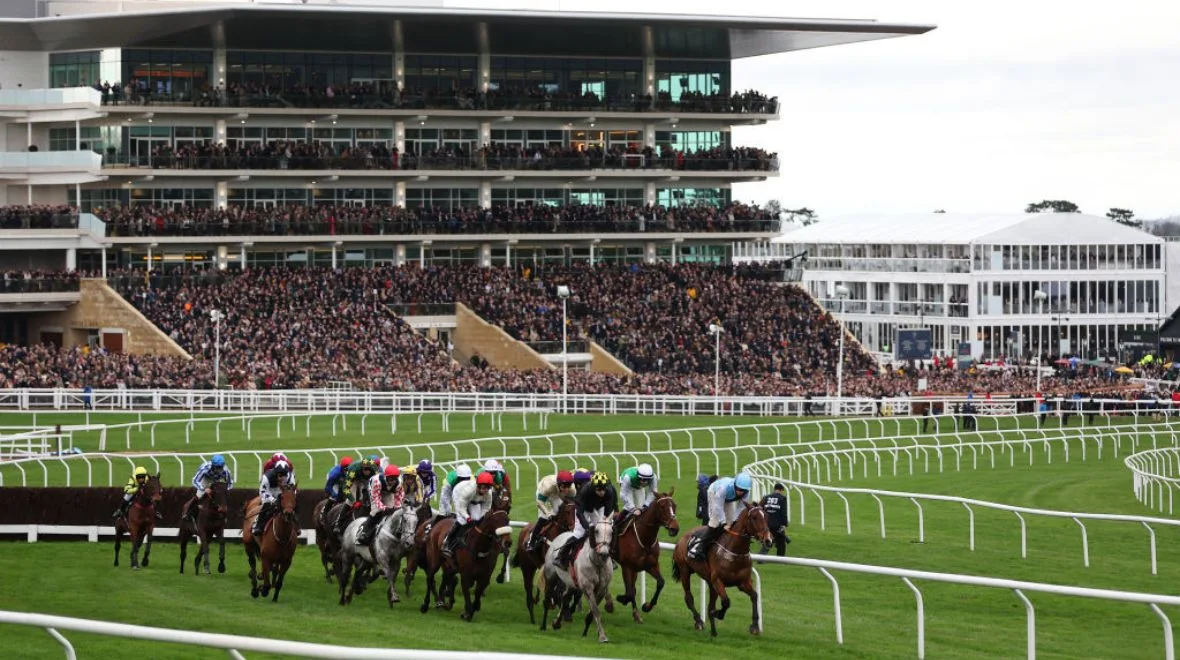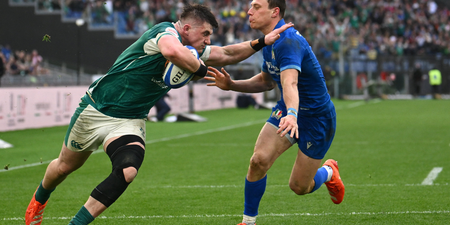At the beginning of Jose Mourinho’s final season at Chelsea, he threatened to walk out of one press conference if there was another question about Eva Carneiro, who had been criticised by the manager after their opening game of the season the week before.
Mourinho lingered at the door as he went to walk out, suggesting that his heart wasn’t really in it, that he felt he couldn’t really leave a room of journalists behind to write what they wanted without his input. In the end, he sat down again, but some of us in the room felt he should have gone for it.
Maybe we felt it because we believed strongly that journalists should be free to ask whatever questions they like without a manager storming out. Maybe we believed in speaking truth to power or, at least, asking power if his squad had any knocks ahead of the weekend.
Personally, I remember willing Mourinho to walk out because it would have been a better story at that stage – no press conference was preferable to a press conference about everything other than Eva Carneiro.
The news that Jim Gavin is refusing to speak to RTÉ because of some dispute about DVD access is, of course, more of a story than if Jim Gavin had done one of his customary post-match interviews on RTÉ or anywhere else.
Gavin is one of the masters when it comes to saying nothing, but in that he has simply taken the post-match flash interview to its logical conclusion.
It was said that TV news crews used to routinely film the Queen’s plane taking off in case it crashed, and this is what the post-match interview has become, a routine bit of business, which, unlike all the footage of the Queen’s plane not crashing, gets broadcast no matter how uninteresting it is.
The blandness has become more noticeable because, in many sports, there will now be pundits saying something we want to listen to but, just as it’s getting interesting, we will break away, essentially to watch a plane taking off.
Too often, there is the feeling that our entertainment is being interrupted to take care of a bit of housekeeping, as if we had to answer the door to a man who has come to read the electricity meter just as ‘Don’t Stop Believin” reaches its climax and Tony Soprano looks up in the diner.
If it wasn’t for his ongoing unpleasantness with Tony O’Donoghue, Martin O’Neill’s post match interviews would be dead air, an unnecessary break from the stuff that engages us on RTÉ’s panel.
Earlier in the week, there was much anger among journalists at the news that Joe Schmidt had cancelled a post-match briefing with daily newspapers in protest at something or other that had been written.
Journalists discussed on Twitter how best to combat Schmidt’s action when perhaps they shouldn’t have been combatting it at all, they should have been welcoming it.
Some can’t, of course, because if they work for the print media they have space to fill and they are being undone, not by Joe Schmidt not talking to them, but by an obsolete piece of technology: the newspaper.
There is a need to fill it and even if it is filled with meaningless words, a printed replica of the post-match flash interview, it needs to be filled, one way or another.
If they didn’t have this need, then they could be free of Schmidt and all the other ideas of what journalism is which aren’t really journalism at all.
There is nothing more melancholy in this world than looking into the eyes of a journalist who has to file 800 words on a Ciaran Clark press conference.
It is especially sad because the journalist will have to do it, not because he feels Ciaran Clark has said anything that will compel people to read 800 words (or even compel him to write it), but because there is a space waiting for him in a paper that needs to be filled.
Of course, many hark for a better time when people bought newspapers and journalists had a different relationship with sportspeople.
I remember marvelling when one great old journalist told me how, if he needed a story for Saturday’s paper on a Friday afternoon, he would simply call Brian Clough or Bill Shankly.
Mainly, I marvelled at the fact that he could call them at all and this is the aspect of the good old days which is largely ignored. It was often a story of access, access which would make journalists feel good about themselves but may have had little bearing on the story.
But those days aren’t coming back. People aren’t going to buy newspapers because you hashtag buy a paper and the access wasn’t given because sportspeople necessarily liked the company of reporters, but because it was the least worst option at the time.
Yet, despite – or maybe because of – the threat to its existence, we appear to be living in a golden age of journalism. Of course, it may be that the threat to all our existences has led to this golden age, but the reduced time given to media by public figures hasn’t reduced the impact of great journalism or great journalists like Marina Hyde, Daniel Taylor and Ken Early.
In some instances, distance from the story has helped where access wouldn’t and these journalists are prospering.
We can too if we accept that there are no winners in a battle between Jim Gavin and RTÉ, except all those who no longer have to watch a Jim Gavin post-match interview. Journalists might feel they can’t win the war, but they can triumph if they change the rules of engagement.

